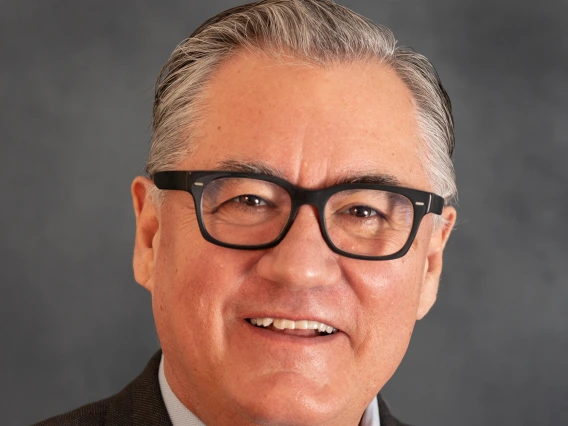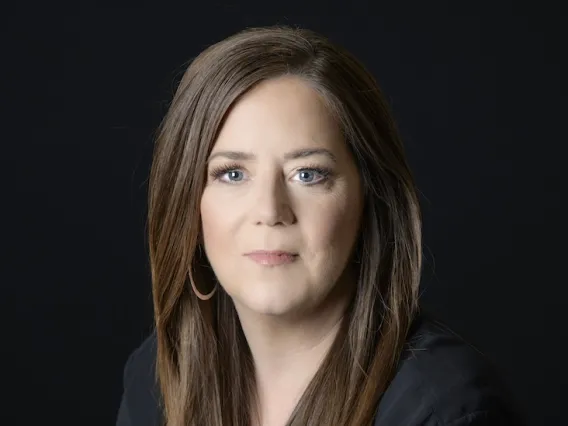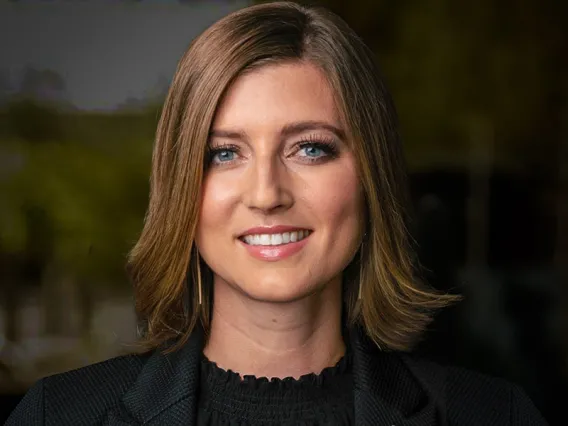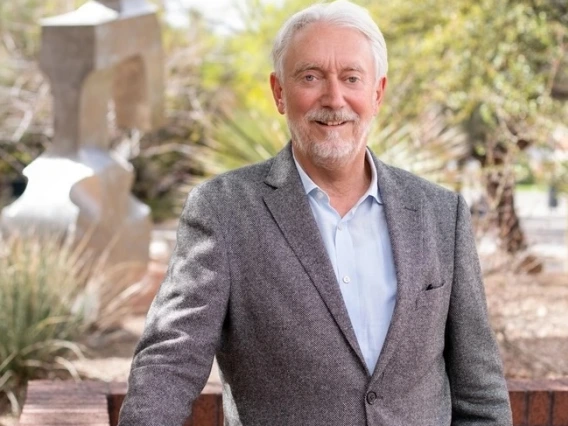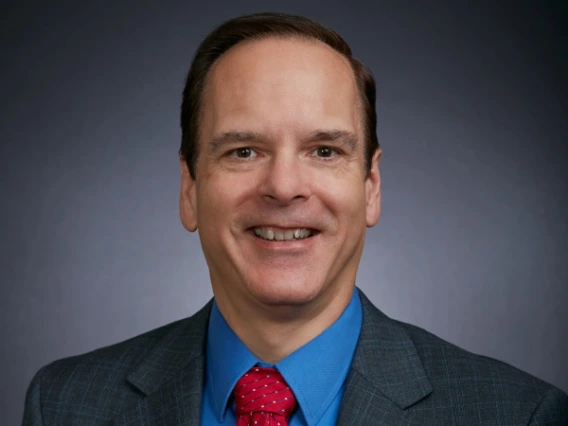Tomás Díaz de la Rubia, PhD
Tomás Díaz de la Rubia is a science and technology leader, strategist, and administrator with extensive experience in national laboratories, academia, and the private sector. He has served as the Deputy Director for Science and Technology and Chief Research Officer at Lawrence Livermore National Laboratory, Director in the Strategy and Operations Energy practice at Deloitte Consulting, Senior Vice President and Chief Scientific Officer at Purdue University, and most recently, Vice President of Research and Partnerships at the University of Oklahoma. Tomás is a full professor of physics and Materials Science.
In his last role, Tomás was among the lead authors of the University of Oklahoma’s Lead On Strategic Plan, which guided OU’s mission to become one of the nation’s top-tier public research universities. This included efforts to advance the scale and scope of the university’s research enterprise and its impact on workforce and regional economic development. He developed a new strategic framework and plan for research that propelled the university forward, particularly in aerospace and defense, energy and environmental sustainability, the future of health, data science and AI/ML, and materials science and quantum technology. In his time at OU, research expenditures increased 65%, and partnerships with the private sector, invention disclosures, and patent activity all increased markedly.
Tomás is a parent member of the Defense Science Board (DSB), which advises the Office of the Secretary of Defense on Science and Technology relevant to the security of the nation and served six years as a member of the National Academies Intelligence Community Studies Board. He co-chaired the DSB’s study on Climate Change and Global Security, is a member of the permanent task force on nuclear surety and is currently involved in conducting a study on Homeland Defense.
Tomás is also a board member of the National Defense Industry Association and chairs the Board of Directors of CRFD Global, a non-profit headquartered in Arlington, VA, with main offices in Kyiv, Manila, and Amman, that contracts with the U.S. State Department and other government agencies to provide security assistance to U.S. allies around the world.
According to Google Scholar, Tomás' publications h-index is 62, and he is listed as one of the top 2% of most cited scientists in the world in the 2023 Stanford/Elsevier ranking. He is a Fellow of the American Physical Society and the American Association for the Advancement of Science.


